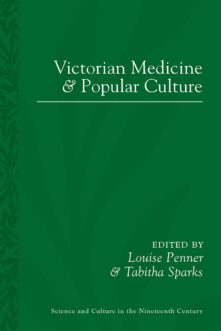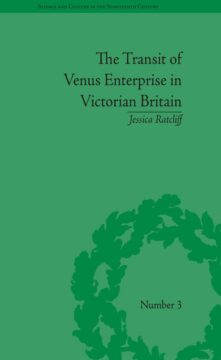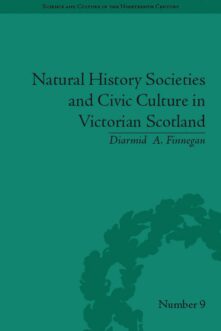Science / History
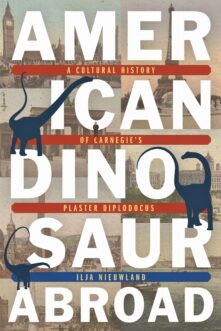

American Dinosaur Abroad
A Cultural History of Carnegie's Plaster Diplodocus
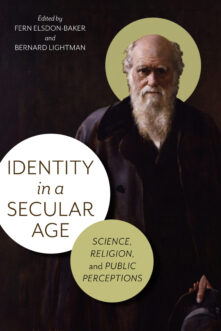

Identity in a Secular Age
Science, Religion, and Public Perceptions
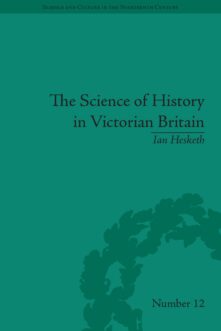

The Science of History in Victorian Britain
Making the Past Speak
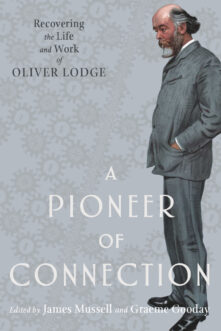

A Pioneer of Connection
Recovering the Life and Work of Oliver Lodge
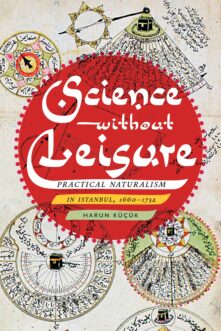

Science without Leisure
Practical Naturalism in Istanbul, 1660-1732
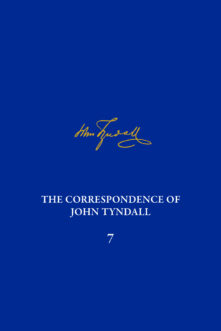

Correspondence of John Tyndall, Volume 7, The
The Correspondence, March 1859-May 1862
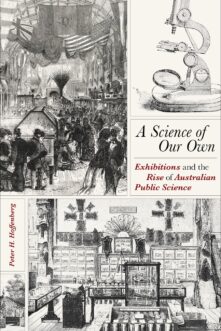

A Science of Our Own
Exhibitions and the Rise of Australian Public Science
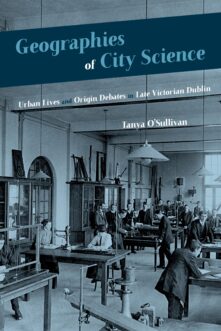

Geographies of City Science
Urban Lives and Origin Debates in Late Victorian Dublin
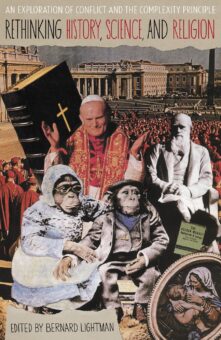

Rethinking History, Science, and Religion
An Exploration of Conflict and the Complexity Principle
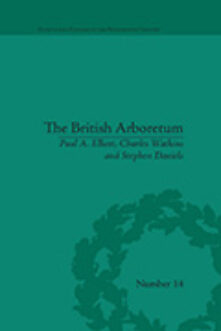

The British Arboretum
Trees, Science and Culture in the Nineteenth Century
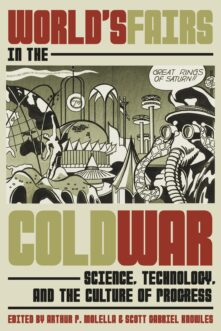

World’s Fairs in the Cold War
Science, Technology, and the Culture of Progress
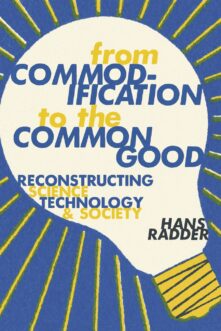

From Commodification to the Common Good
Reconstructing Science, Technology, and Society
Total 125 results found.


